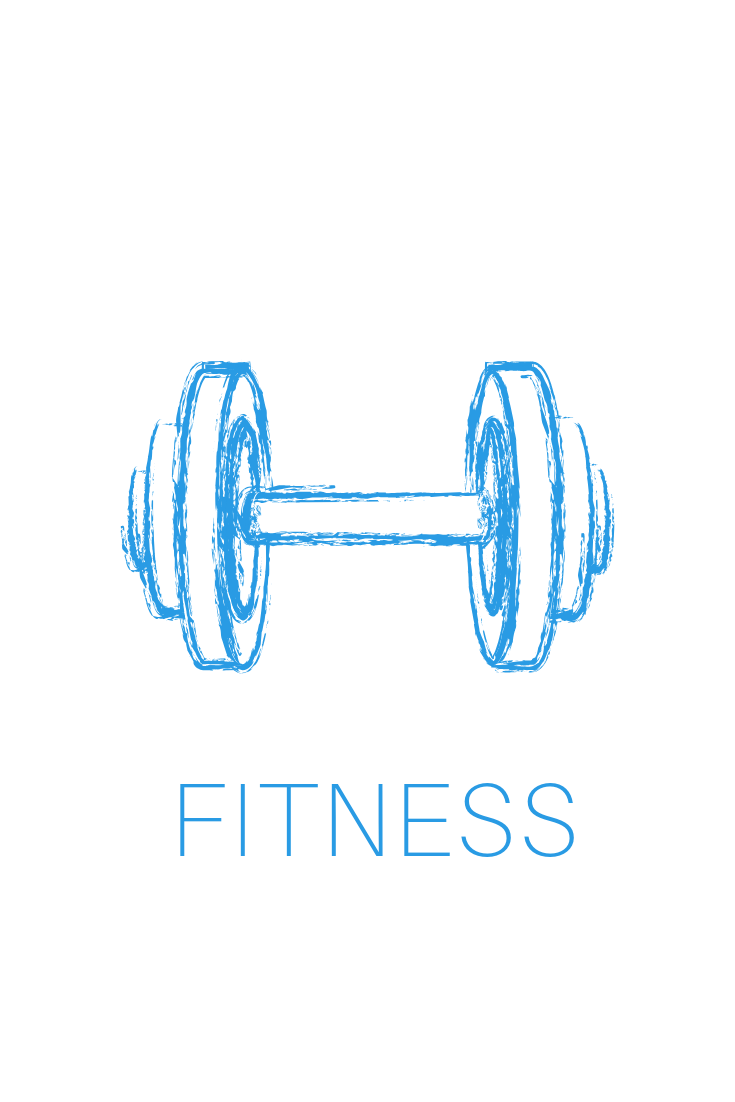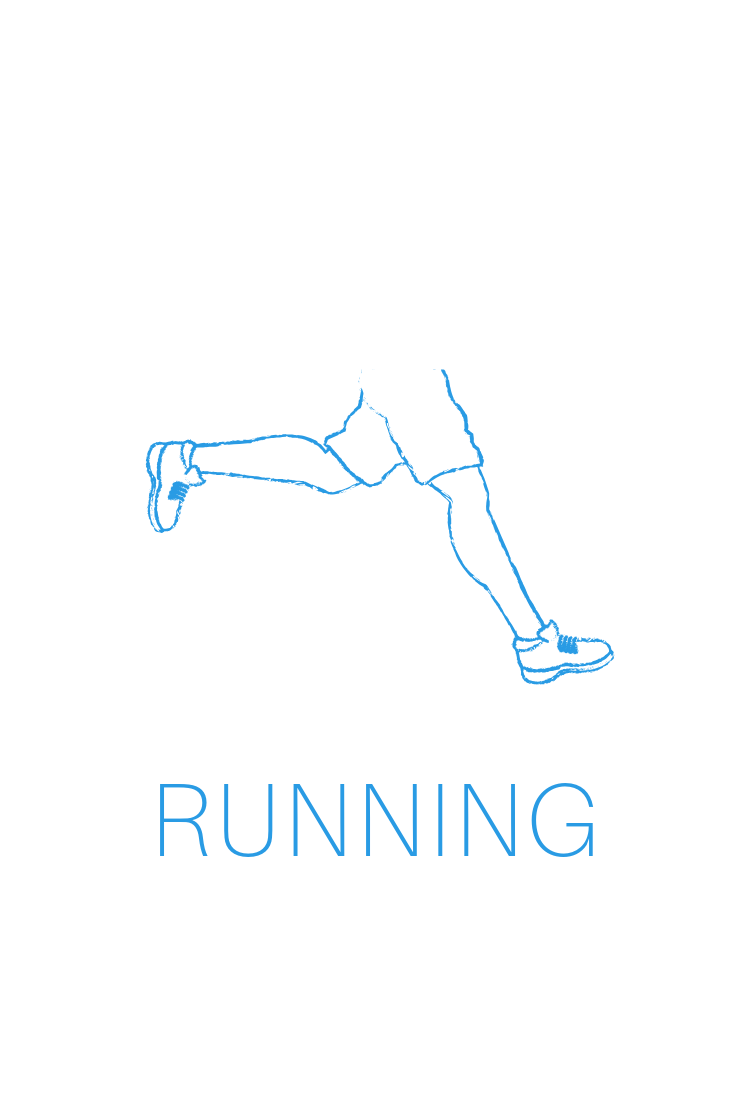Improve Your Health With Words
Sticks and stones may break my bones but words will never hurt me.
Many of us were taught this chant as children to be used as a “come back” when we were called names. Unfortunately, words can and do hurt us, and may have a greater long term effect on us than physical pain. Conversely, words can also heal and lift us up in incredibly powerful ways.
Not only do other people’s words effect us, but words we say to and about ourselves can change our behaviour and result in healthy or unhealthy behaviours.
Label your behaviour rather than yourself
Many parenting books talk about the importance of addressing children’s negative actions as a behaviour, rather than labelling the child themselves.
For example, if a child says something unkind to their sibling, rather than telling the child they are unkind, tell them that was an unkind thing to do.
On the flip side, positive behaviour should be awarded to that person i.e. if they are kind to their sibling, tell them they are kind. The studies demonstrate that when we are constantly told we are something, either positive or negative, we tend to take on that label and behave accordingly.
This form of labelling translates into our health and fitness vernacular. If we continually tell ourselves we are unfit, we will begin to see ourselves as an unfit person who can be nothing other than unfit.
However, by saying your fitness is not great at the moment, you are allowing yourself to acknowledge that there is freedom to make a change.
We often use these labels as an excuse – saying I don’t exercise because I’m a lazy person is a cop out. Realising that you are simply behaving in a lazy way, you allow yourself to change your behaviour and turn your health around.
Use words to create a positive spin
I have to exercise 3 times a week.
I get to exercise three times a week.
I guess I should choose (healthy option) for lunch but wish I could have the (unhealthy option).
This (healthy option) will nourish me and I will feel awesome once I’ve eaten it.
I have to get up so early to exercise.
I love seeing the sunrise when I exercise in the morning.
I really don’t want to do my weight session today.
I will feel so proud of myself when I am strong enough to do push-ups on my toes.
I know this food is bad for me but I deserve it.
My body does so much for me, I want to take great care of it.
Use definitive language
Everyone wants something from their health journey. I want to feel stronger, I want to lose weight, I want to feel better, I want to run 5kms.
When people want something, they will then try to make it happen. I will try to do weights twice a week, I will try to get to bed earlier, I will try to eat better.
Wanting something and trying to make it happen is one thing, but deciding you are going to do something and committing to it is another thing altogether. The words we use when talking about our health goals can have a powerful effect on our actions. For example:
I want to lose weight so will try to eat out less
I am committing to losing weight so will only eat out once a week.
I would love to try to run a 5km fun run one day.
I will be running the 5km fun run in September so am training 3 times a week.
I want to get fit again so might try to get to that fitness class.
I will improve my fitness and come to training 3 times a week.
I’ll try to go for a run this week.
I will go for a run this week.
I really should start eating better.
I am going to include more vegetables in my diet, starting with dinner tonight.
Many people want to improve their health and fitness and yet year after year it never happens. It’s not until the “I want to” becomes “I will” that the action happens!
by Angie Black
Hey! I’m Angie. I’m passionate about fitting exercise into your life, for the rest of your life.
BLOG CATERGORIES:








